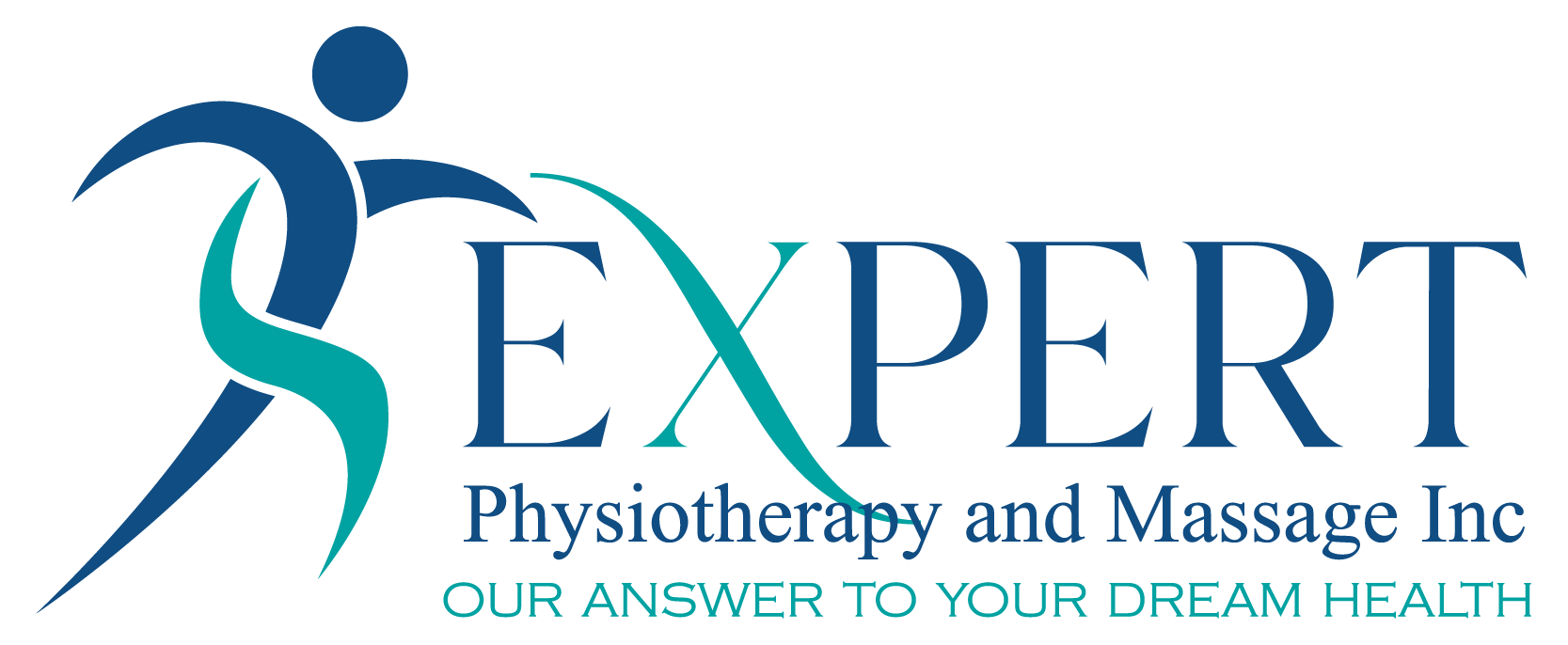Inflammation is a term often associated with pain, redness, swelling, and discomfort. But what exactly does it mean, and why is physiotherapy considered a superior approach to managing it compared to relying solely on medications? Let’s dive deeper into the concept of inflammation and explore how physiotherapy can address its root causes for long-term relief and recovery.
What Is Inflammation?
Inflammation is your body’s natural response to injury, infection, or harmful stimuli. Think of it as your body’s internal alarm system. Imagine you accidentally sprain your ankle. The swelling and redness you notice are like a “Caution” sign put up by your body to warn you that something needs repair. It’s a protective mechanism designed to eliminate the cause of harm and initiate the healing process. There are two primary types of inflammation:
- Acute Inflammation: This is like your body sending a repair team to fix a broken pipe. It occurs immediately after an injury or infection. Symptoms may include redness, heat, swelling, and pain, signaling the body’s effort to repair tissue damage.
- Chronic Inflammation: If the repair team never leaves, the constant activity can wear down the system. Chronic inflammation persists over a long period and can contribute to conditions like arthritis, tendinitis, or even systemic diseases such as diabetes and heart disease. Chronic inflammation is often subtler but can cause ongoing pain and discomfort.
While inflammation is essential for healing, excessive or prolonged inflammation can lead to complications. That’s why managing it effectively is crucial.
The Role of Medications in Inflammation Management
Medications such as nonsteroidal anti-inflammatory drugs (NSAIDs) and corticosteroids are commonly prescribed to reduce inflammation and relieve pain. While they can be effective in the short term, they come with several limitations:
- Temporary Relief: Medications often mask symptoms rather than address the underlying cause of inflammation.
- Side Effects: Prolonged use of anti-inflammatory drugs can lead to side effects like stomach ulcers, kidney damage, and weakened immunity.
- Dependency: Over-reliance on medication can result in diminished effectiveness over time, requiring higher doses or stronger drugs.
Why Physiotherapy is Better Than Medications
Physiotherapy offers a holistic and long-lasting approach to managing inflammation by addressing its root causes. Here’s why it stands out:
1. Targets the Source of Inflammation
Physiotherapy focuses on understanding the underlying cause of inflammation, whether it’s a muscle imbalance, poor posture, or overuse injury. Through targeted exercises, manual therapy, and other techniques, physiotherapists work to correct these issues, promoting natural healing.
2. Promotes Active Recovery
Unlike medications, which offer passive relief, physiotherapy encourages active participation. Patients engage in tailored exercise programs that improve strength, flexibility, and circulation, reducing inflammation naturally.
3. Reduces Risk of Recurrence
By addressing the root causes, physiotherapy helps prevent future episodes of inflammation. Strengthening muscles, improving joint mobility, and educating patients on proper body mechanics significantly lower the risk of reinjury.
4. Drug-Free and Side-Effect-Free
Physiotherapy eliminates the need for medications, reducing the risk of side effects. Techniques such as ultrasound therapy, dry needling, and hydrotherapy enhance the body’s healing process without adverse effects.
5. Improves Overall Well-Being
Beyond treating inflammation, physiotherapy enhances overall physical health. Improved posture, better movement patterns, and reduced pain lead to a higher quality of life.
A Personalized Approach
Every individual is unique, and so is their inflammatory condition. Physiotherapists create personalized treatment plans tailored to each patient’s needs, ensuring optimal recovery and long-term benefits.
Conclusion
Inflammation is a natural part of the body’s healing process, but managing it effectively is crucial for recovery and overall health. While medications offer quick relief, they fall short in addressing the root causes and come with potential risks. Physiotherapy, on the other hand, provides a comprehensive, drug-free solution that promotes healing, prevents recurrence, and enhances quality of life.
If you’re struggling with inflammation, consider consulting a physiotherapist. With expert guidance and a personalized plan, you can achieve lasting relief and regain control of your health. Say goodbye to temporary fixes and embrace a holistic approach to wellness!


